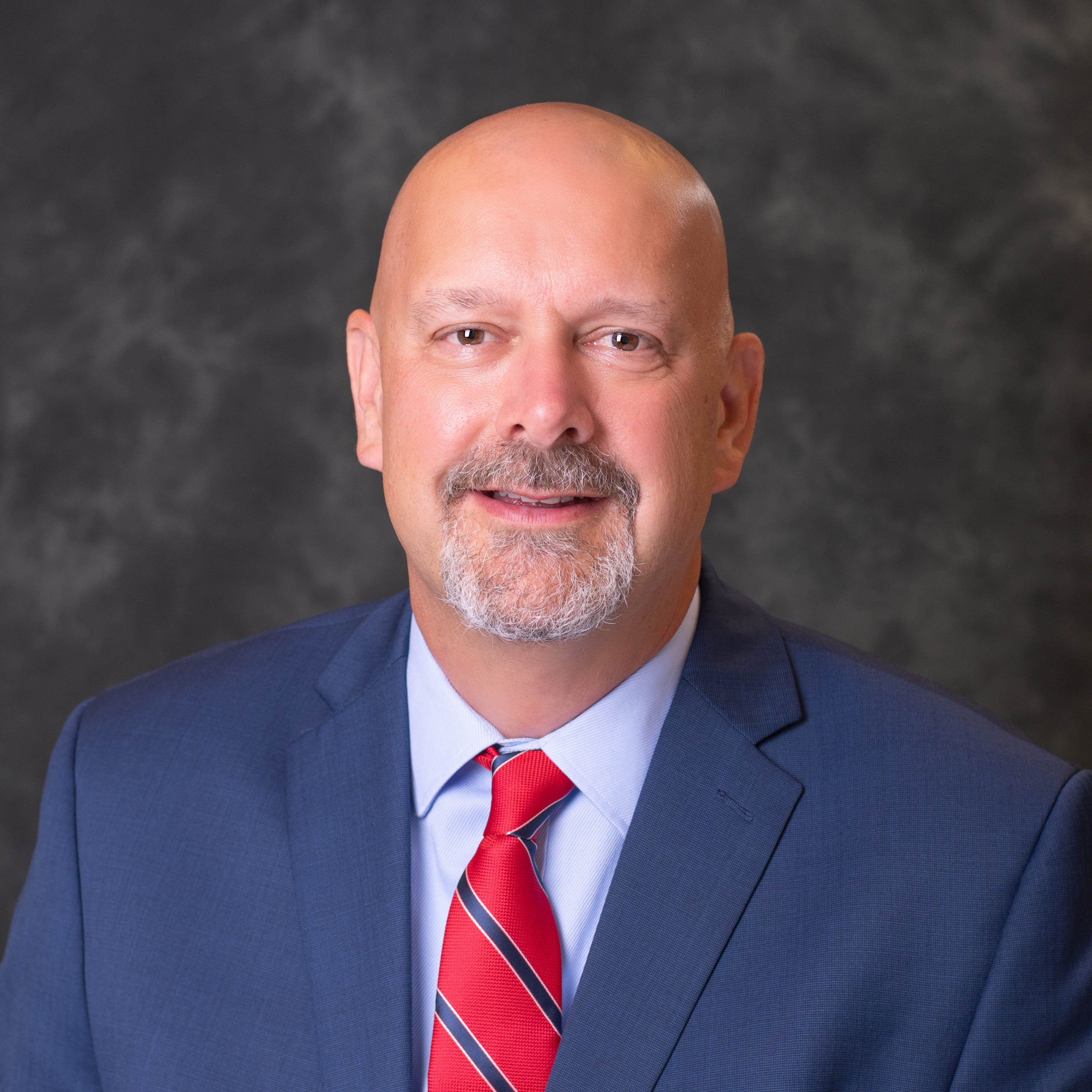Launch Michigan educator survey results show causes and potential solutions to educator shortage
With educator shortages crippling the state’s K–12 workforce and impacting learning opportunities for students, Launch Michigan today released the findings of a statewide survey of more than 5,000 public school teachers and other professionals. The findings shed light on many of the reasons why Michigan educators are leaving the profession.
Launch Michigan, a partnership of business, education, labor, philanthropy, and civic leaders who care deeply about education, contracted with Emma White Research to survey public school educators in May, uncovering many of the policy and funding levers that can help reverse these trends and strengthen the state’s public schools—and, ultimately, the state’s economy.
“When it comes to building Michigan’s workforce for the future, educators are essential. We can’t afford to sit by as retirements spike and enrollment in teacher preparation programs drops precipitously,” said Adam Zemke, Launch Michigan president. “We are in the midst of a crisis that is growing with each passing year, and the impact of COVID-19 on the profession has exacerbated the trend. As we work to reverse course, it makes tremendous sense for us to begin by asking teachers and other education professionals themselves which elements can do the most to keep them satisfied in their work.”
Teacher retirements are up 44 percent since August 2020 and enrollment in teacher preparation programs down 70 percent over the past eight years, Michigan schools are struggling to find skilled educators in the aftermath of COVID-19.
“We’re not only talking about compensation here. That’s an important factor, but it’s not the only one. We need the kind of job satisfaction that causes aspiring educators to want to join the profession and stay there because they are happy in their work,” said Paula Herbart, president of the Michigan Education Association and Launch Michigan co-chair. “Individuals get into education because they love kids and see the value of what they have to offer in the classroom. The factors that cause them to leave, therefore, must outweigh that passion. We can’t afford to lose current dedicated educators or the generation that follows them who are deciding time and again that teaching isn’t for them.”
Top-level survey highlights revealed:
- Teachers, administrators, and other educators are slightly more likely to recommend the profession in 2021 compared to 2019—though a large majority (66 percent) still would not.
- Perceived lack of support from policymakers, excessive workload, and little respect for education rank as top issues affecting career satisfaction, followed by pay and retirement benefits.
- Lack of support from parents or the public has become a larger factor in educator satisfaction, with access to resources for student learning decreasing in importance.
- Educators point to the need to increase salaries and greater control in policy and the classroom as ways to improve respect for the profession.
- Educators remain somewhat pessimistic about public education in Michigan, with fewer than half (47 percent) saying they believe Michigan schools are delivering results that are good or excellent.
“These survey findings tell us precisely what teachers want—adequate, targeted professional development, fair evaluations that work well, adequate mentoring and support, sufficient compensation and benefits, and a reduction in their non-instructional workload,” said David Hecker, president of the American Federation of Teachers Michigan. “These are goals we can work together to develop for them.”
To view the survey results and compare them to Launch Michigan’s last statewide educator survey in 2019, visit LaunchMichigan.org/research.



